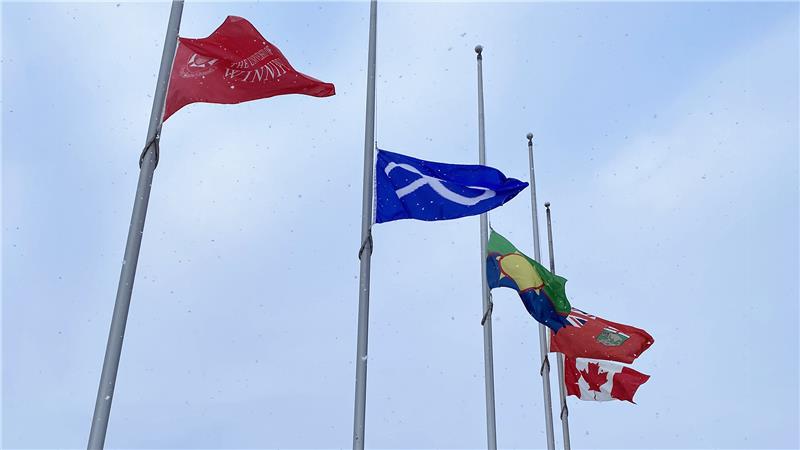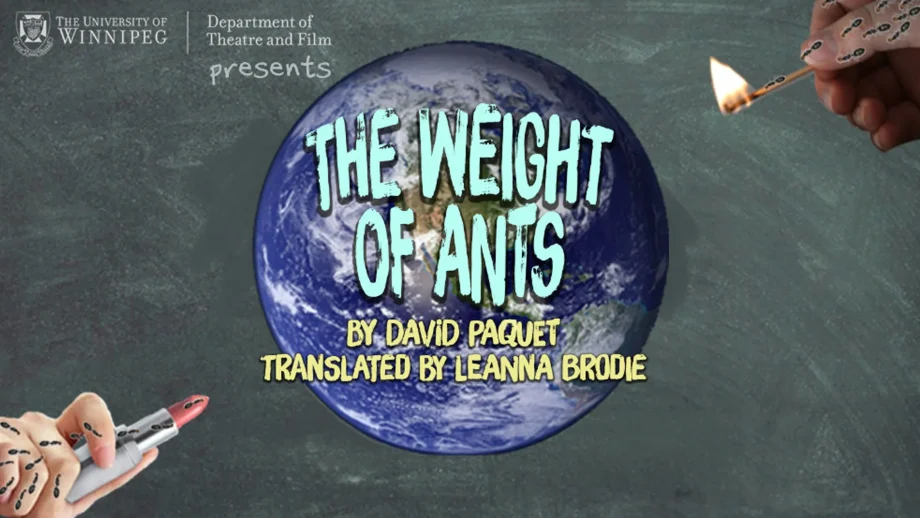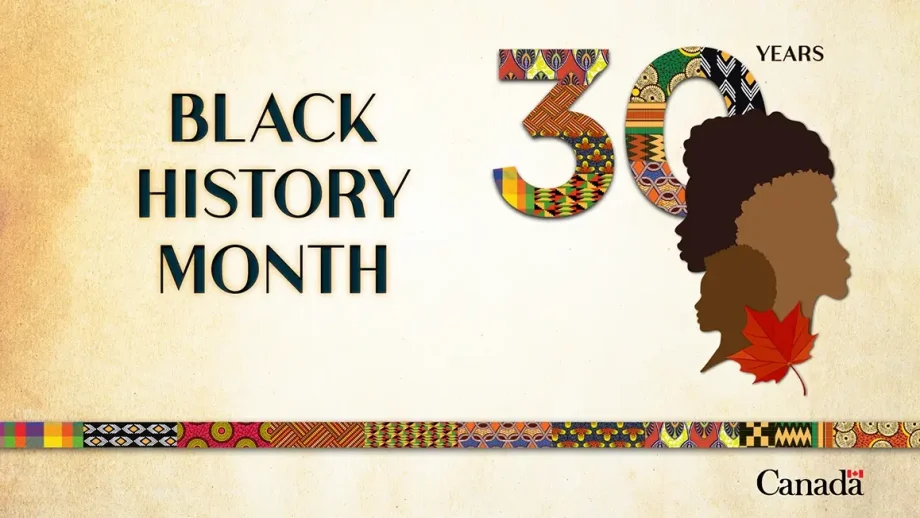Future doctor and neuroscientist Emma Anderson is the winner of the 2019-2020 Indigenous History Essay Prize. Anderson’s essay, Smallpox and Settlers: Indigenous Perspectives in the Kiowa Smallpox Legend, an analysis of a nineteenth-century Kiowa oral narrative, was chosen from several hundred essays written in an Indigenous Course Requirement (ICR) history class.
In the narrative, Smallpox, personified as man dressed in European clothes, encounters Saynday, the Kiowa culture hero. Anderson’s perceptive discussion of this primary source reveals how the story reflects Kiowa understandings of what smallpox is and how it spreads. She places the story in the context of the history of the Kiowa people, their relations with other Indigenous peoples and white settlers, and the history of disease epidemics on the Great Plains.
“I chose to research an oral story which describes how smallpox came to be amongst the Kiowa people,” said Anderson. “The narrative reflects changes resulting from both the disease and settler expansion. Although this oral story dates back to the nineteenth century, the idea of disease disproportionately impacting Indigenous communities is still relevant today.”
Drawing parallels between the past and current events is one of the reasons Anderson enjoys learning about history. She appreciates Indigenous history as a way to gain a better understanding of the present, in order to create positive change for the future.
“For myself, taking Indigenous History courses at UWinnipeg was instrumental in preparing me for my future in healthcare and solidifying my connection to my Métis heritage.”
Anderson graduated this past spring with a Bachelor of Science in neuroscience and a minor in history with a concentration in Indigenous History. She begins medical school at the University of Manitoba this fall.
History professor Dr. Ryan Eyford described her work in ‘Indigenous History to 1900: Origins, Contacts, Colonialism’ as truly outstanding.
“Her essay was a pleasure to read. In the depth of the research and its intellectual breadth, Emma’s essay is a model analysis of an Indigenous primary source.”
The selection committee noted that Anderson’s essay was thoroughly researched, original, and demonstrates abundant intellectual curiosity.
“Anderson underlines the importance of traditional narratives in understanding Indigenous historical perspectives.”
This prize is given annually for an exceptional undergraduate essay on Indigenous history written by a student enrolled in one of the Department of History’s ICR. The prize comes with $250 donated by the Centre for Rupert’s Land Studies. A three-person committee made up of ICR instructors adjudicates the essays and selects a winner.





